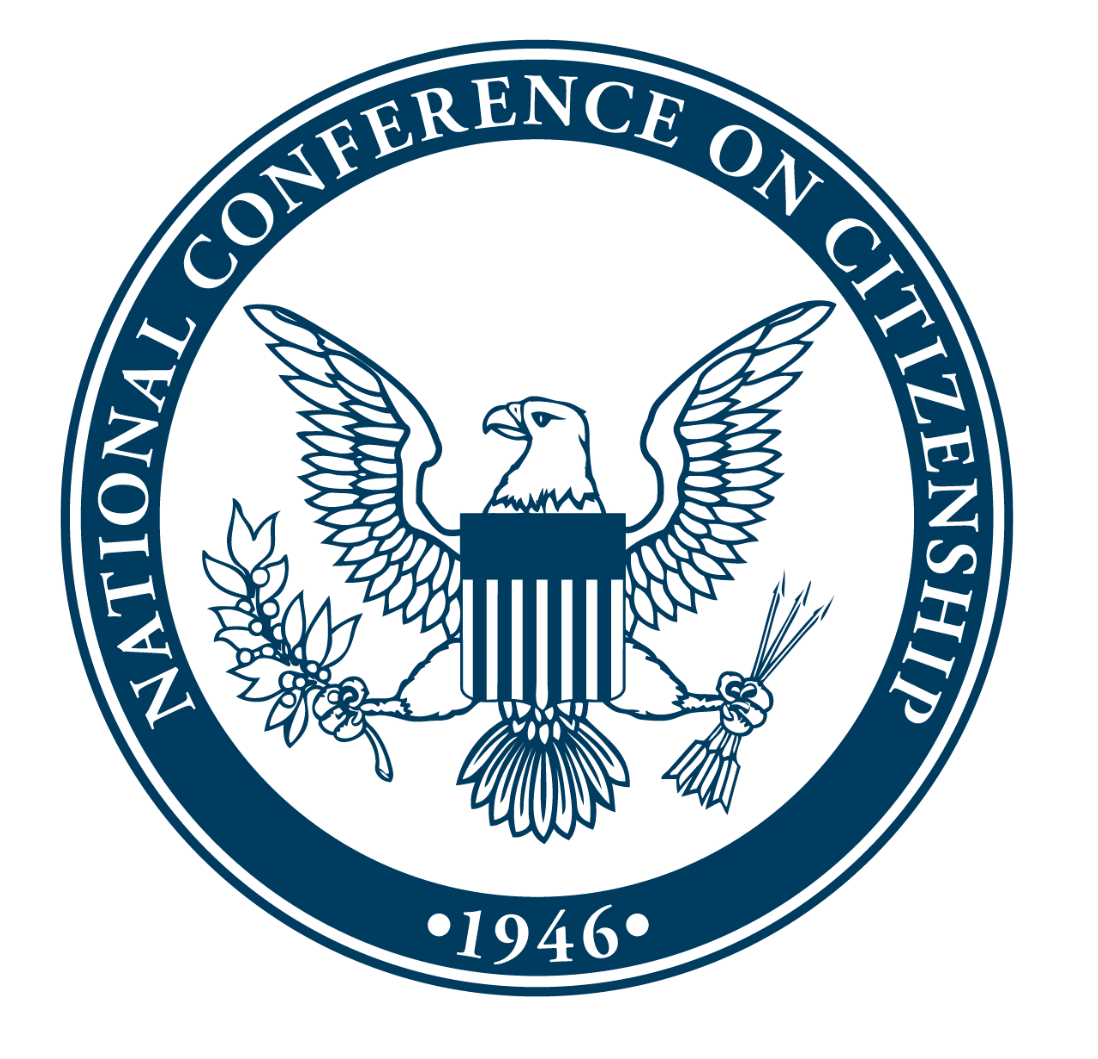17 Jun In Review: 2010 National Conference on Citizenship
The 65th Annual National Conference on Citizenship was held September 17 in the Library of Congress.
As the Conference was streamed online for people across the country to participate, participants were invited to Tweet, Blog, Photograph, and Flipcam their experience, which has been compiled...
